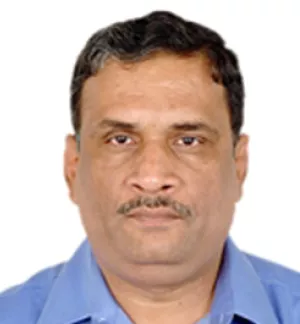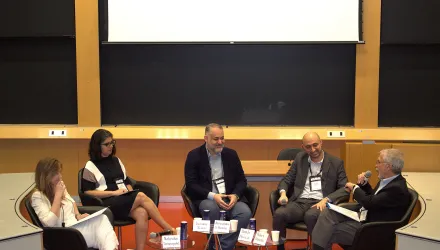Note
This article is based on research conducted during the author's research fellowship with the Energy Technology Innovation Policy research group during 2009–2010.
ABSTRACT
Expanding energy access to the rural population of India presents a critical challenge for its government. The presence of 364 million people without access to electricity and 726 million who rely on biomass for cooking indicate both the failure of past policies and programs, and the need for a radical redesign of the current system. We propose an integrated implementation framework with recommendations for adopting business principles with innovative institutional, regulatory, financing and delivery mechanisms. The framework entails establishment of rural energy access authorities and energy access funds, both at the national and regional levels, to be empowered with enabling regulatory policies, capital resources and the support of multi-stakeholder partnership. These institutions are expected to design, lead, manage and monitor the rural energy interventions. At the other end, trained entrepreneurs would be expected to establish bioenergy-based micro-enterprises that will produce and distribute energy carriers to rural households at an affordable cost. The ESCOs will function as intermediaries between these enterprises and the international carbon market both in aggregating carbon credits and in trading them under CDM. If implemented, such a program could address the challenges of rural energy empowerment by creating access to modern energy carriers and climate change mitigation.
Patil, Balachandra. “Modern Energy Access to All in Rural India: An Integrated Implementation Strategy.” Energy Policy, December 2011
The full text of this publication is available via Energy Policy.





